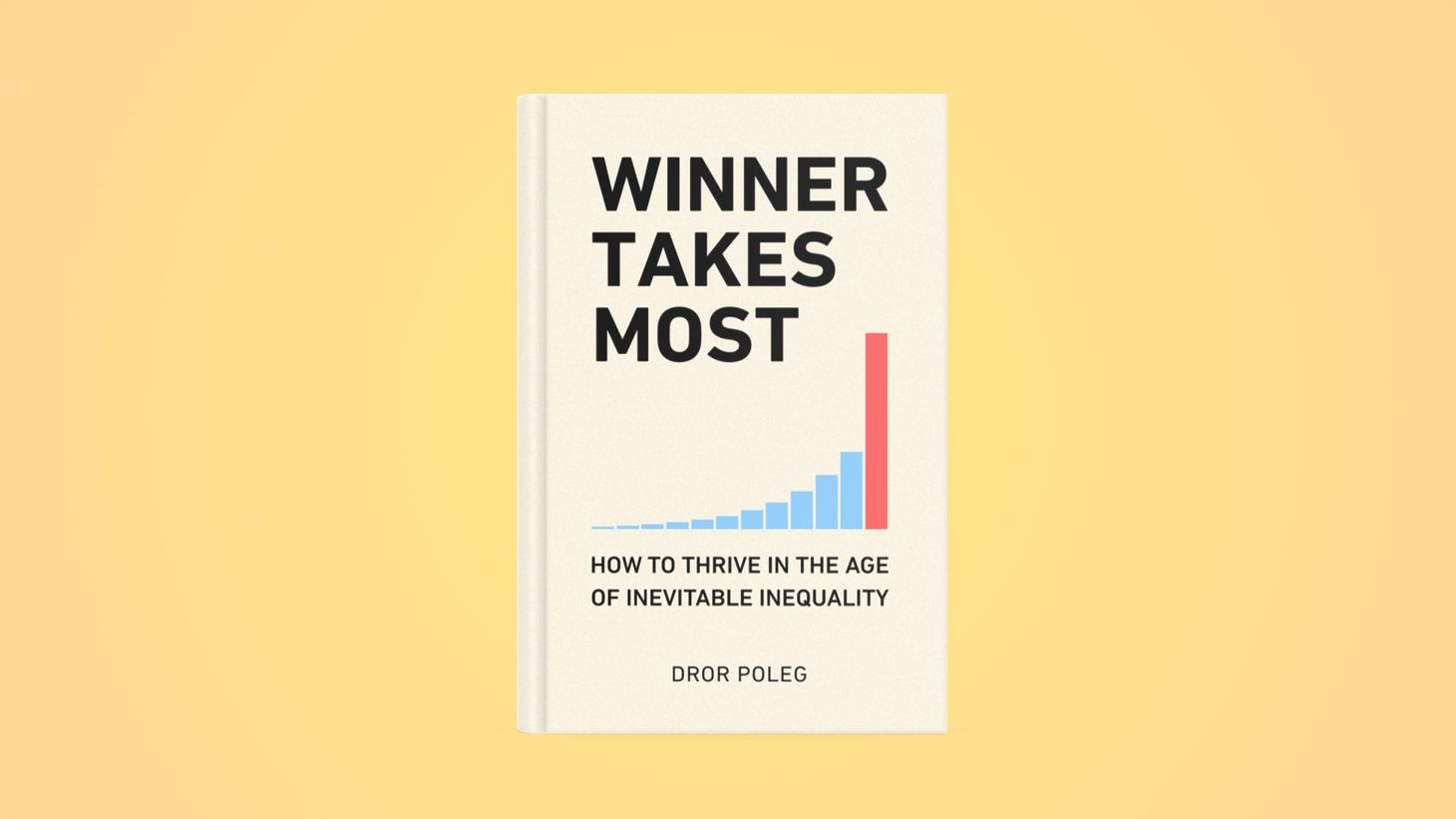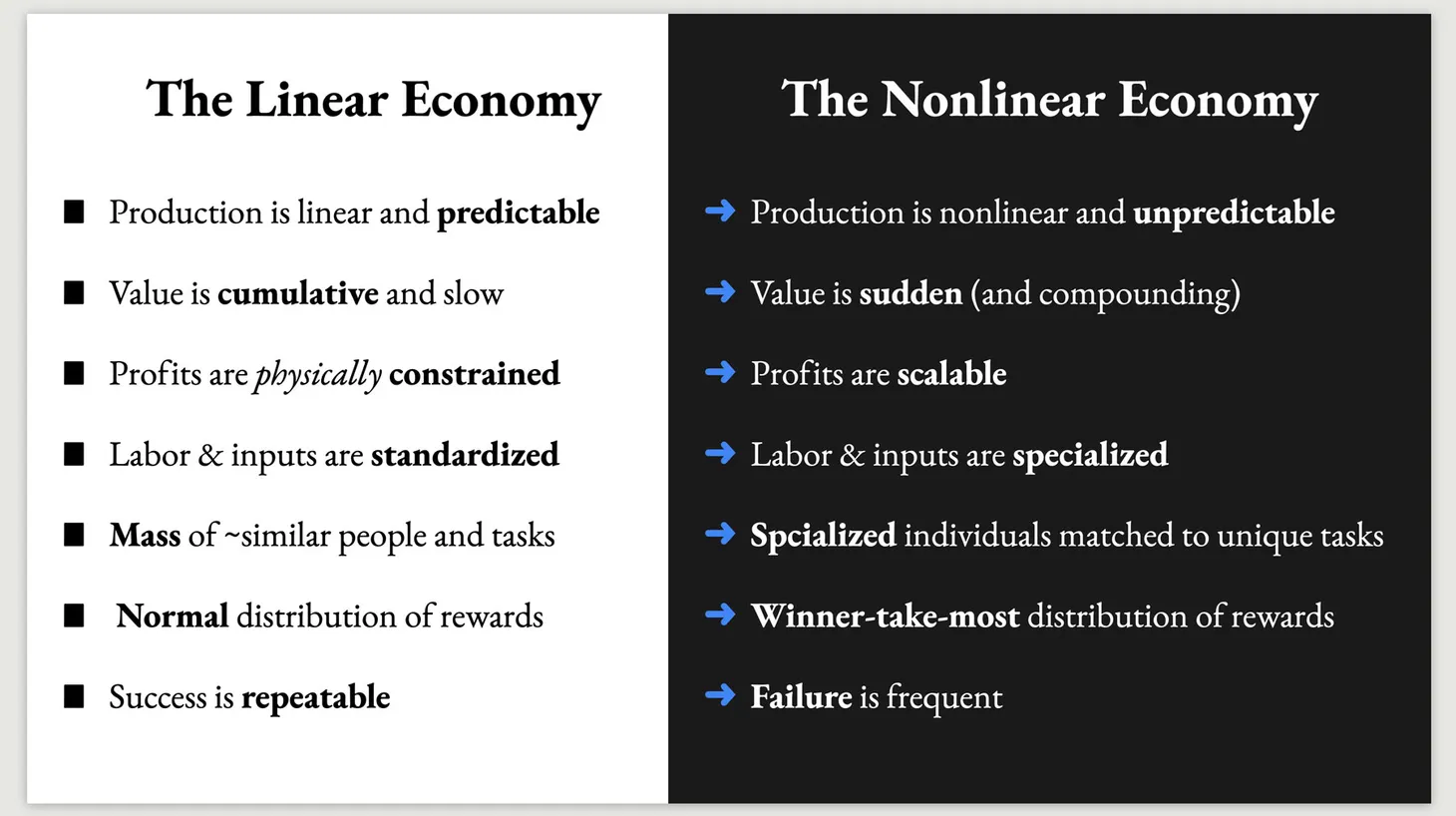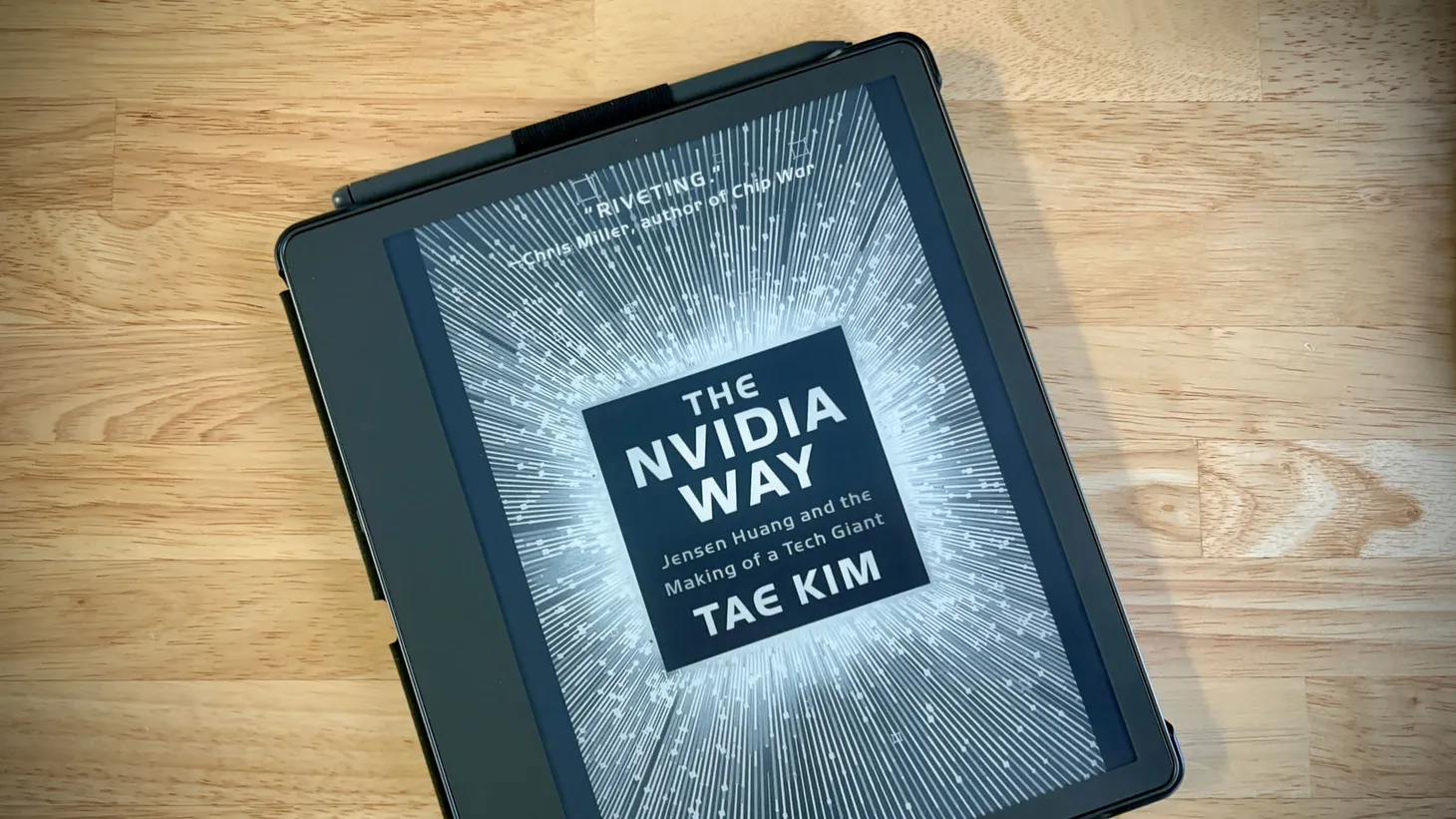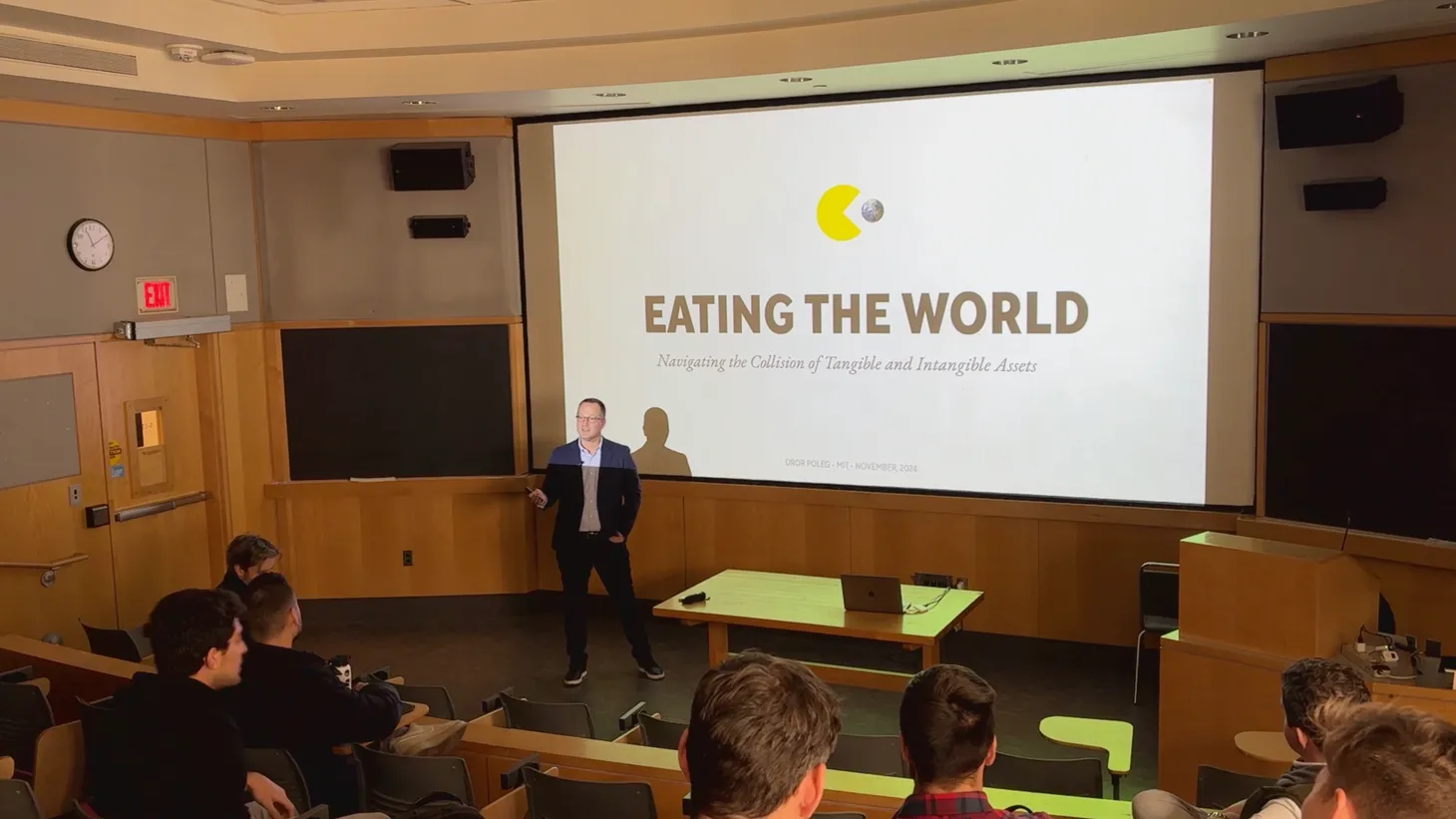Winner Takes Most
The internet matches us with those who'd pay most for our unique combination of skills and characteristics. It also exposes us to anxieties that were previously reserved only for pop stars.

This week was special.
- On Saturday, Tyler Cowen shared The Ponzi Career on his newsletter and blog. On Sunday, Ponzi was at the top of Hacker News’s front page and the next day it made it to Morning Brew.
- On Monday, Packy brought to life a scenario I described in NFTs and The Future of Work: He sold one of his articles using an NFT, which then automatically shared “royalties” of the sale with all the people who contributed quotes or ideas to the piece (the whole process is explained here).
- On Tuesday, I spoke to Professor Scott Galloway (Prof G!) about the future of work, cities, and the opportunities and anxieties that remote work will unleash upon the world. Our conversation was published on Thursday on the Prof G Podcast.
And this weekend is my birthday, closing out a very productive year that began with a personal essay about war and ended with a conversation with Prof G about how my grandmothers (both of them) surviving Auschwitz compels me to obsess over what’s about to happen next.
I am just a guy from Netanya, a small town on the Mediterranean. I am constantly amazed by the fact that the smartest people on earth would give me the time of day. I am constantly amazed — truly, amazed — by the internet’s ability to deliver ideas to the exact people who would find them most compelling. (Likewise, I am grateful and amazed that the internet led me to my wife which combines a set of specific qualities that I never even dreamed could exist in one person).
The ability to create perfect matches is an obvious feature of the web. But I suspect most people still don’t grasp the implications of this ability. I think about it a lot and I still can’t say I fully understand.
That’s what my next book is about. The internet enables each of us to earn more than ever before by matching us with the exact people — fans, customers, employers — who value our unique combination of skills and characteristics. It enables each of us to become a superstar. But it also exposes us to anxieties that were previously reserved for a select few.
My upcoming book, Winner Takes Most, explores the prosperity and anxiety that result from this process, and how they will affect a growing number of professions — from programmers and teachers to doctors and fitness instructors.
I will share more about the plan for the book, and how you can support it, in the coming weeks. For now, I want to share with you an edited excerpt from my conversation with Scott Galloway. It captures the book’s core idea.
Scott: “It feels like we’re headed towards a world where there’s an extreme Creative Class of people who understand [tech] and have capital and then we’ll have forty or sixty or eighty percent of the population that we’ll just feed so we don’t have to fight them. It feels like work itself is under attack.”
Dror: “Work is definitely under attack. I see us moving into a world of winner takes most. The original “Creative Class”, as defined by Richard Florida, was a large number of people and most of them worked for large companies and had a stable salary.
What I am talking about is the splitting of this original Creative Class into another layer at the top which includes maybe 10-15% of people who are now released from those corporate jobs and also released from the constraints of geography. They no longer compete for jobs or projects just in their own city but they can compete for jobs all over the world and someone who values them for their specific expertise is going to pay them ten times more than an employer in the same city because that’s how optimal matching works.
Another interesting point is that the winners are not exactly winners. The future of work is not a game that you simply win and then rest on your laurels. We’re all becoming movie stars. We have the potential to make 100X more money than before because of the internet. But all the anxieties of being a star come with that as well.
We hit a home run today but we have no idea what we’ll do tomorrow. There is a certain percentage of people every year who are going to make more money than ever before, but whoever belongs to that little pool of people is going to change constantly. It’s going to be a very cruel and anxiety-ridden world even for the most successful people.
That’s something that I’m personally very interested in. I don’t feel like I’m a winner even if things are going well. I’m forty years old. When I look ahead, I see myself fighting for survival and having to reinvent myself constantly in order to stay relevant.
And even the fact that I understand cutting-edge technologies and use cases for NFTs today, it doesn’t mean that another thing will not come in two or three years and will go over my head and I’ll find myself feeling like I’m ninety years old too early in my life.”
Scott: “There’s a lot of insight there. Even the megastars like Tom Cruise or Brad Pitt are very insecure creatures. Even though they make $10-20 million bucks they can go to zero in twelve months if their last movie is a bomb or for whatever reason people move to the next superstar.
It feels as if the one enduring feature of digitization or innovation as it goes through any category is that it crowds or clusters the spoils towards the top 10 or five or one percent. Even in my limited exposure to this with Covid, because all of my classes are remote now, NYU asked me whether I can go from 160 students — which was dictated by the fact that NYU Stern’s largest classroom was 160 seats — to 280 students.
That’s 120 fewer students for the other marketing professors to fight over. This means that if you’re able to go 280 and then 400 and then 1000 which you will be able to do, your currency is just going to go up. There are basically 4-5 professors at NYU Stern that everybody wants to take and technology will now let everyone take them and it will just soak up all the demand.
Most of the professors you take in business schools aren’t because you want to, but because they’re available based on constraints that will be broken down with technology. As you said. I like that term ‘Winner Takes Most’”
Have a great weekend. If you enjoyed this piece, please share it 🙏.
Dror Poleg Newsletter
Join the newsletter to receive the latest updates in your inbox.




